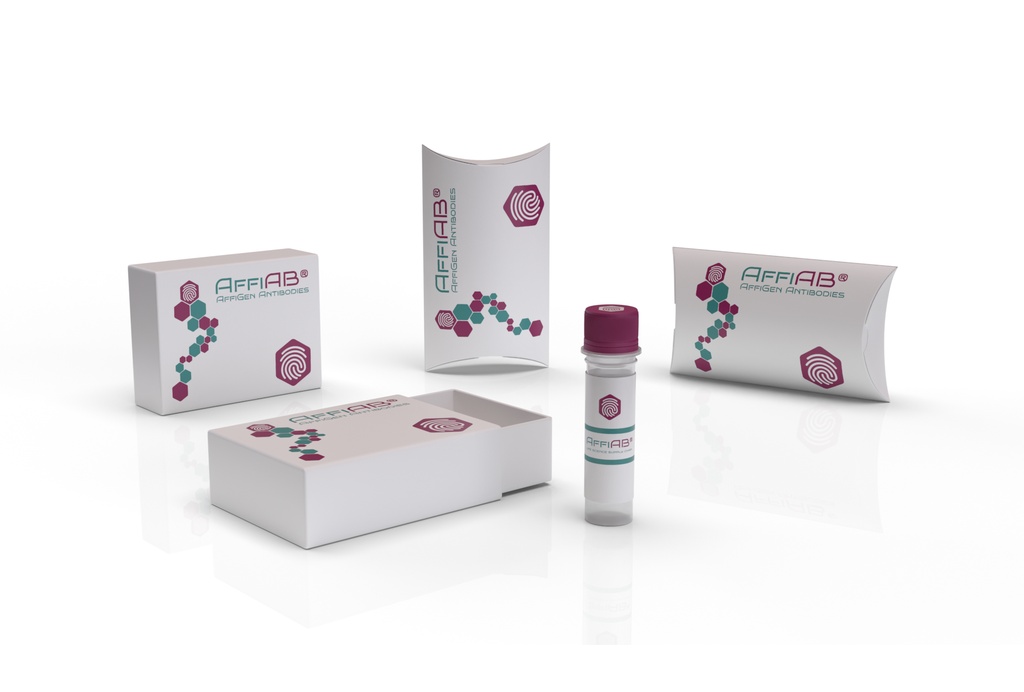AffiAB® Anti-EMC10 Antibody
Part of the endoplasmic reticulum membrane protein complex (EMC) that enables the energy-independent insertion into endoplasmic reticulum membranes of newly synthesized membrane proteins. Preferentially accommodates proteins with transmembrane domains that are weakly hydrophobic or contain destabilizing features such as charged and aromatic residues. Involved in the cotranslational insertion of multi-pass membrane proteins in which stop-transfer membrane-anchor sequences become ER membrane spanning helices. It is also required for the post-translational insertion of tail-anchored/TA proteins in endoplasmic reticulum membranes. By mediating the proper cotranslational insertion of N-terminal transmembrane domains in an N-exo topology, with translocated N-terminus in the lumen of the ER, controls the topology of multi-pass membrane proteins like the G protein-coupled receptors. By regulating the insertion of various proteins in membranes, it is indirectly involved in many cellular processes (Probable) . Promotes angiogenesis and tissue repair in the heart after myocardial infarction. Stimulates cardiac endothelial cell migration and outgrowth via the activation of p38 MAPK, PAK and MAPK2 signaling pathways.
Antibody type
Rabbit polyclonal Antibody
Uniprot ID
SwissProt: Q5UCC4 Human; SwissProt: Q3TAS6 Mouse
Recombinant
NO
Conjugation
Non-conjugated
Host
Rabbit
Isotype
IgG
Clone
N/A
KO/KD
N/A
Species reactivity
Human, Mouse
Tested applications
WB, IHC-P
Predicted species reactivity
N/A
Immunogen
Recombinant protein within mouse EMC10 aa 1-258 / 258.
Storage
Store at +4°C after thawing. Aliquot store at -20°C or -80°C. Avoid repeated freeze / thaw cycles.
Form
Liquid
Storage buffer
1*PBS (pH7.4) , 0.2% BSA, 50% Glycerol. Preservative: 0.05% Sodium Azide.
Concentration
1 mg/mL.
Purity
Immunogen affinity purified.
Signal pathway
N/A
Recommended dilutions
WB: 1:500-1:1, 000
; IHC-P: 1:50-1:400
Molecular Weight
Predicted band size: 27 kDa
Subcellular location
Secreted, Membrane.
Positive control
A549, human breast tissue, human kidney tissue, mouse testis tissue.
